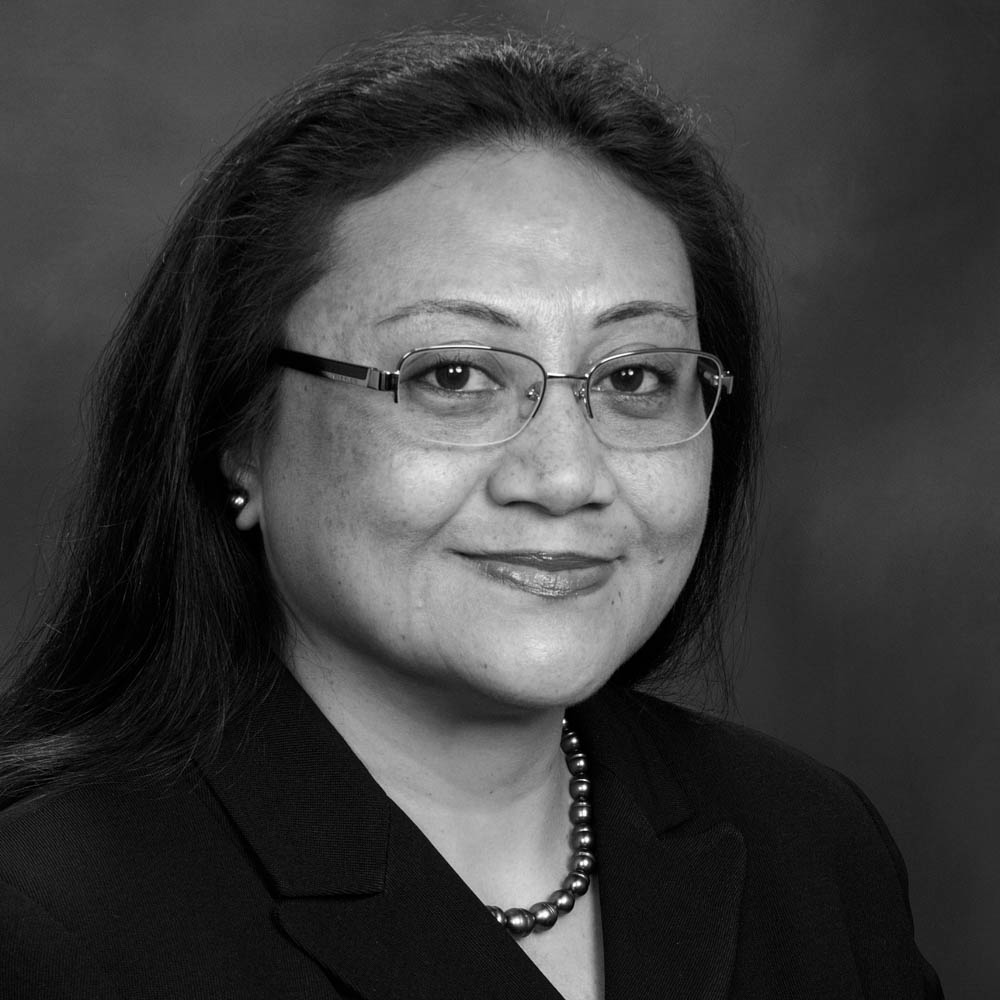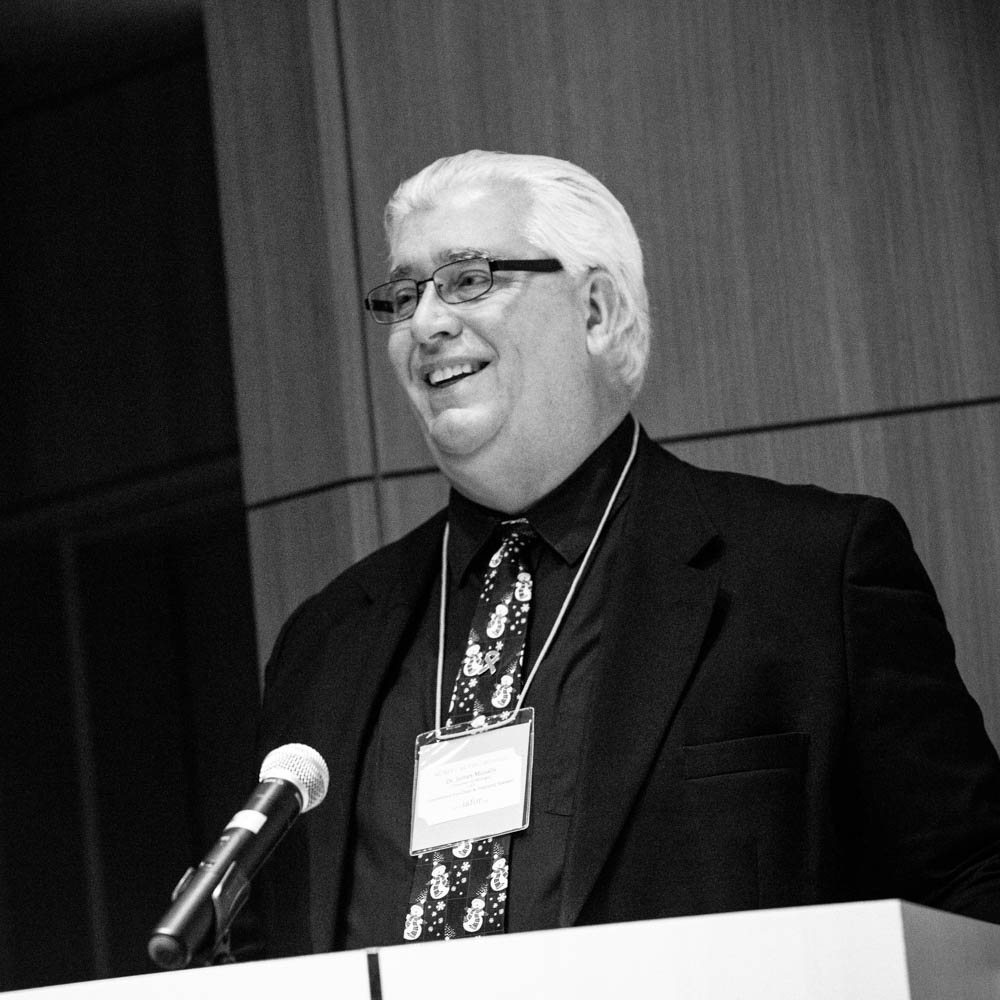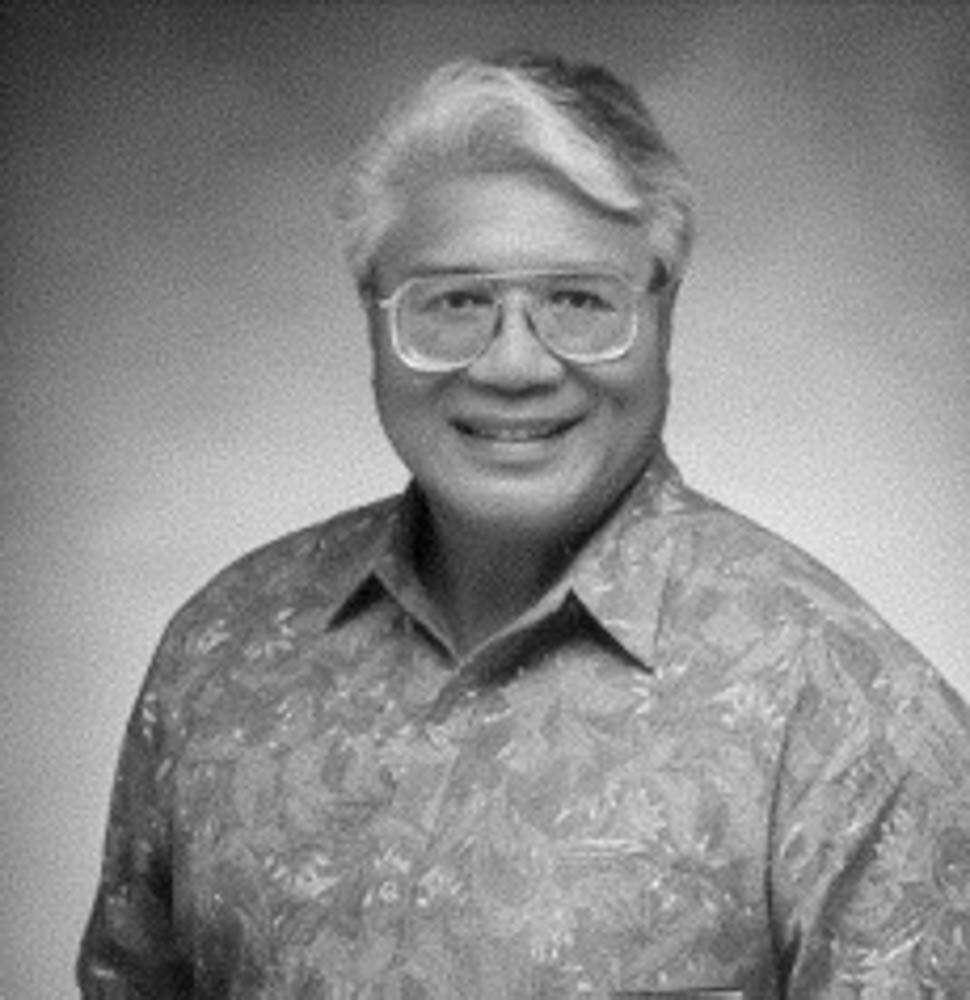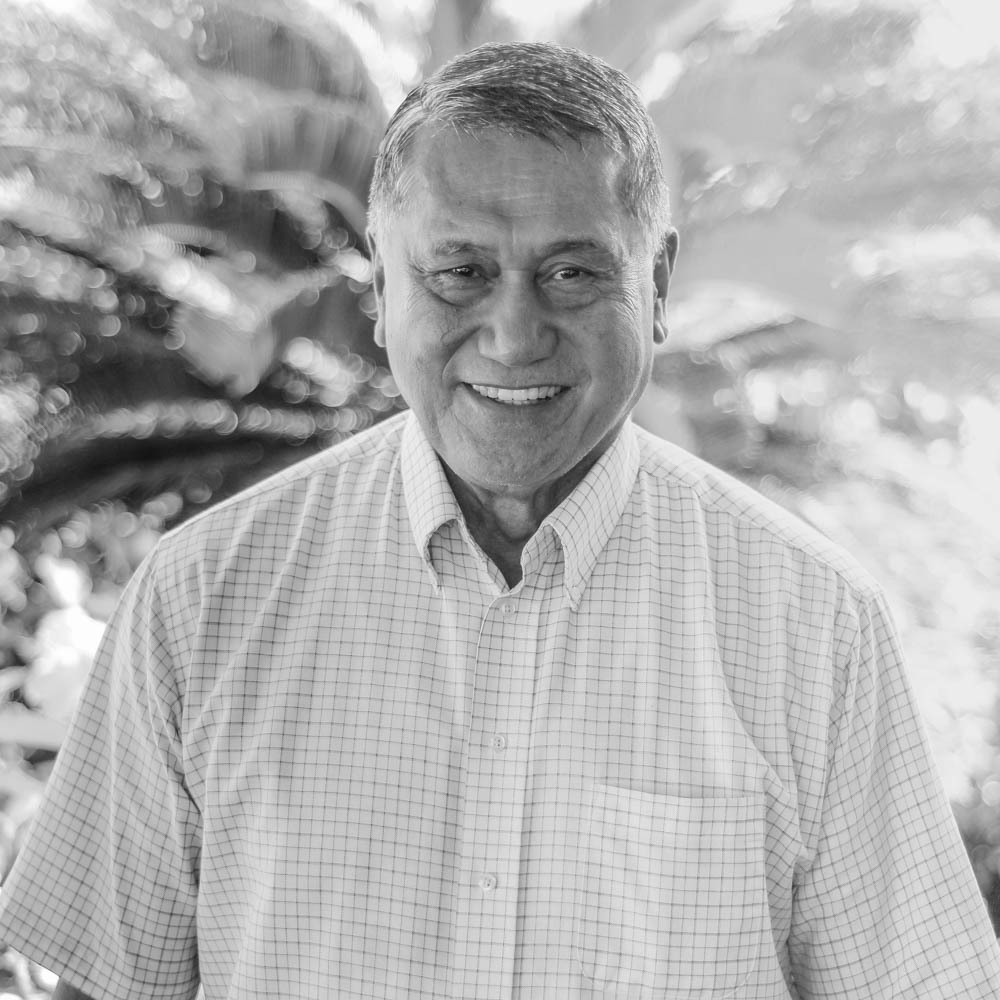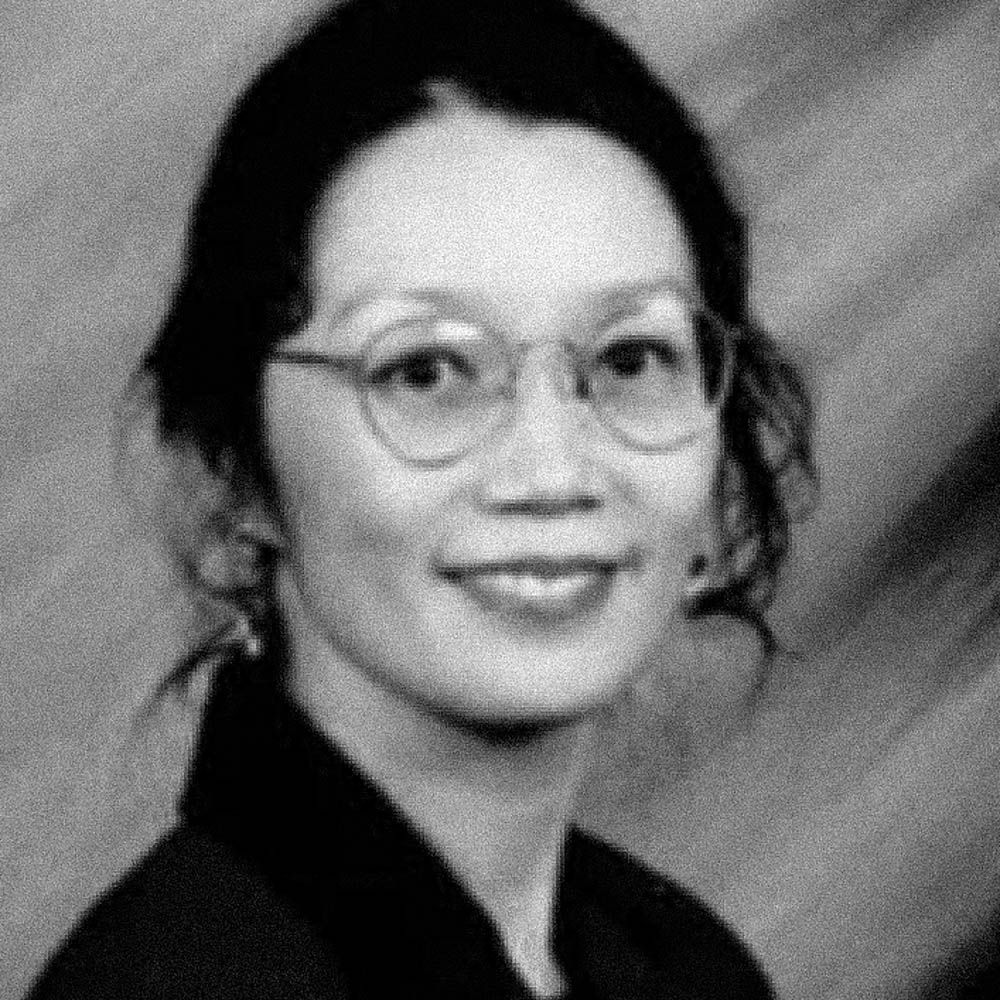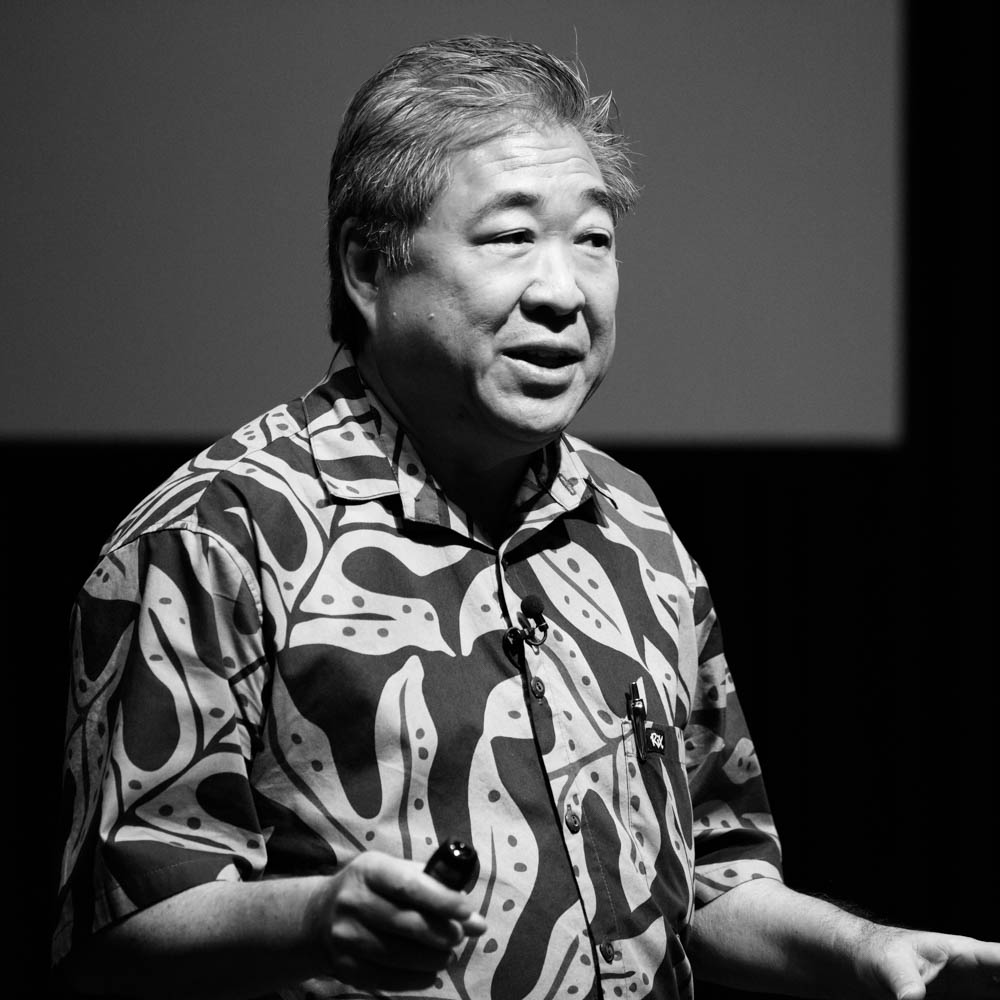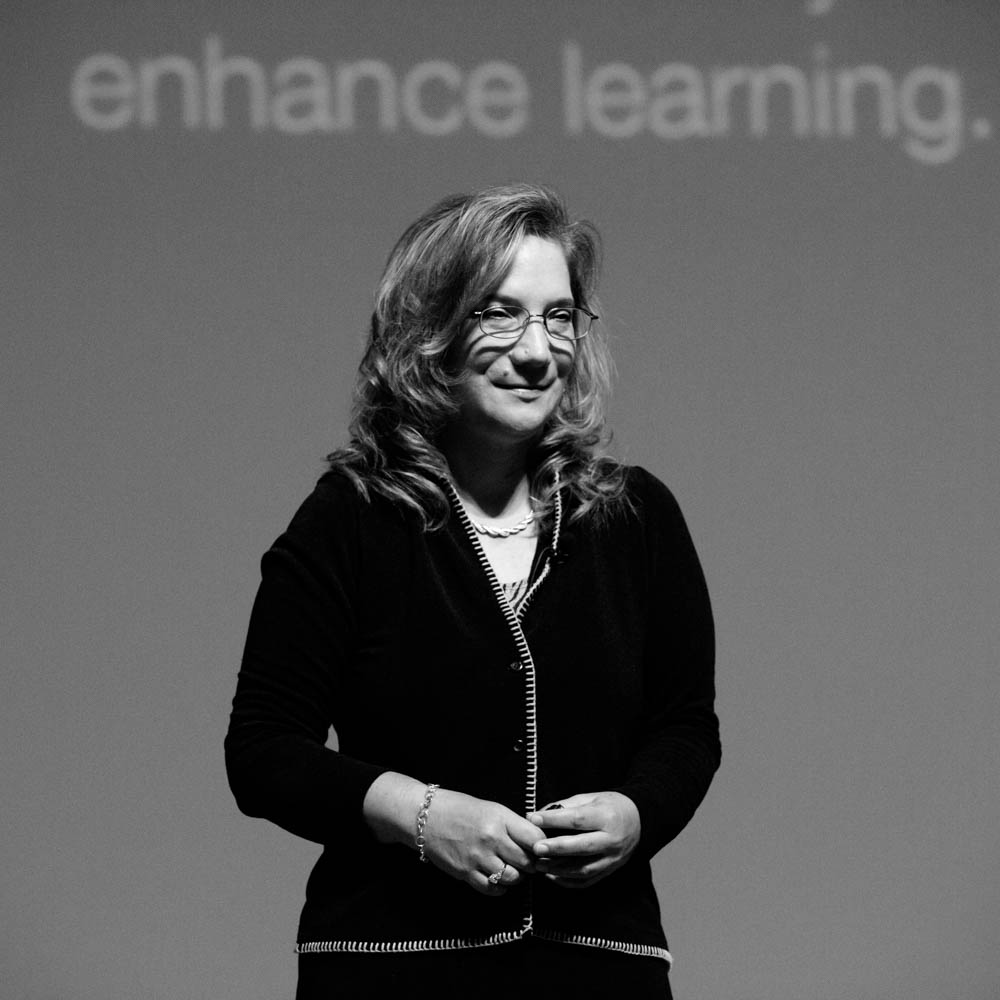

IICSEEHawaii2021
January 06-10, 2021 | The Hawai'i Convention Center, Honolulu, Hawaii, USA
Aloha and welcome to the beautiful island of Oahu, home to The IAFOR International Conference on Sustainability, Energy & the Environment – Hawaii (IICSEEHawaii), and The IAFOR International Conference on Education (IICEHawaii).
Held in partnership with the University of Hawaiʻi at Mānoa, this international conference encourages academics and scholars to meet and exchange ideas and views in a forum stimulating respectful dialogue, by bringing together university scholars working throughout Hawai'i, the United States, Asia, and beyond to share ideas and research at the intersection of education and sustainability. This event will afford an exceptional opportunity for renewing old acquaintances, making new contacts, networking, and facilitating partnerships across national and disciplinary borders.
Since its founding in 2009, IAFOR has brought people and ideas together in a variety of events and platforms to promote and celebrate interdisciplinary study, and underline its importance. Over the past year we have engaged in many cross-sectoral projects, including those with universities (the University of Barcelona, Hofstra University, UCL, University of Belgrade and Moscow State University), think tanks (the East-West Center), as well as collaborative projects with the United Nations in New York, and the Government of Japan through the Prime Minister’s office, and right here in Honolulu with the University of Hawaiʻi at Mānoa for this conference!
With the IAFOR Research Centre at the Osaka School of International Public Policy (OSIPP) at Osaka University, we have engaged in a number of interdisciplinary initiatives we believe will have an important impact on domestic and international public policy conversations. It is through conferences like these that we expand our network and partners, and we have no doubt that IICSEEHawaii2021 and IICEHawaii2021 will offer a remarkable opportunity for the sharing of research and best practice, for the meeting of people and ideas. We expect the resultant professional and personal collaborations to endure for many years, and we look forward to seeing you in Honolulu!
The 5th IAFOR International Conference on Sustainability, Energy & the Environment – Hawaii (IICSEEHawaii2021) will be held alongside The 5th IAFOR International Conference on Education – Hawaii (IICEHawaii2021), and many of the sessions will concentrate on areas at the intersection of education and sustainability. In keeping with IAFOR’s commitment to interdisciplinary study, delegates at either conference are encouraged to attend sessions in other disciplines. Registration for either conference will allow delegates to attend sessions in the other.
– The IICSEEHawaii2021 Organising Committee
Failautusi ‘Tusi’ Avegalio, University of Hawai'i at Mānoa, USA
Joseph Haldane, The International Academic Forum (IAFOR), Japan
Curtis Ho, University of Hawai'i at Mānoa, USA
Barbara Lockee, Virginia Tech, USA
James W. McNally, University of Michigan, USA & NACDA Program on Aging
Alex Means, University of Hawai'i at Mānoa, USA
Michael Menchaca, University of Hawai'i at Mānoa, USA
Sela V. Panapasa, University of Michigan, USA
Hiagi M. Wesley, Brigham Young University – Hawaii, USA
Xu Di, University of Hawai'i at Mānoa, USA
IAFOR Journal of Education (Scopus Indexed Journal)
 This conference is associated with the Scopus and DOAJ listed IAFOR Journal of Education.
This conference is associated with the Scopus and DOAJ listed IAFOR Journal of Education.
- Location & Venue: The Hawai’i Convention Center, Honolulu, Hawaii, USA
- Dates: Wednesday, January 06, 2021 to Saturday, January 09, 2021
- Early Bird Abstract Submission Deadline: August 19, 2020*
- Final Abstract Submission Deadline: October 31, 2020
- Registration Deadline for Presenters: December 02, 2020
*Submit early to take advantage of the discounted registration rates. Learn more about our registration options.
Speakers
Keynote Speakers
-
 Som NaiduUniversity of the South Pacific, Fiji
Som NaiduUniversity of the South Pacific, Fiji -
 Christine R. YanoUniversity of Hawai`i, USA
Christine R. YanoUniversity of Hawai`i, USA -
 Lowell SheppardPacific Solo & HOPE International Development Agency Japan
Lowell SheppardPacific Solo & HOPE International Development Agency Japan
Featured Speakers
-
 Amber Strong MakaiauUniversity of Hawai'i at Manoa, United States
Amber Strong MakaiauUniversity of Hawai'i at Manoa, United States -
 Beth H. TillinghastUniversity of Hawaii, United States
Beth H. TillinghastUniversity of Hawaii, United States -
 Veronica HowardUniversity of Alaska Anchorage, United States
Veronica HowardUniversity of Alaska Anchorage, United States -
 Michael MenchacaUniversity of Hawaii at Manoa, USA
Michael MenchacaUniversity of Hawaii at Manoa, USA -
 Ariana EichelbergerUniversity of Hawai'i at Manoa, United States
Ariana EichelbergerUniversity of Hawai'i at Manoa, United States -
 Peter LeongUniversity of Hawaii at Manoa, United States
Peter LeongUniversity of Hawaii at Manoa, United States -
 Daniel HoffmanUniversity of Hawaii at Mānoa, United States
Daniel HoffmanUniversity of Hawaii at Mānoa, United States -
 Paul McKimmyUniversity of Hawai'i at Manoa, United States
Paul McKimmyUniversity of Hawai'i at Manoa, United States -
 Billy Meinke-LauUniversity of Hawai'i, United States
Billy Meinke-LauUniversity of Hawai'i, United States -
 Mary Therese Perez HattoriEast West Center, United States
Mary Therese Perez HattoriEast West Center, United States -
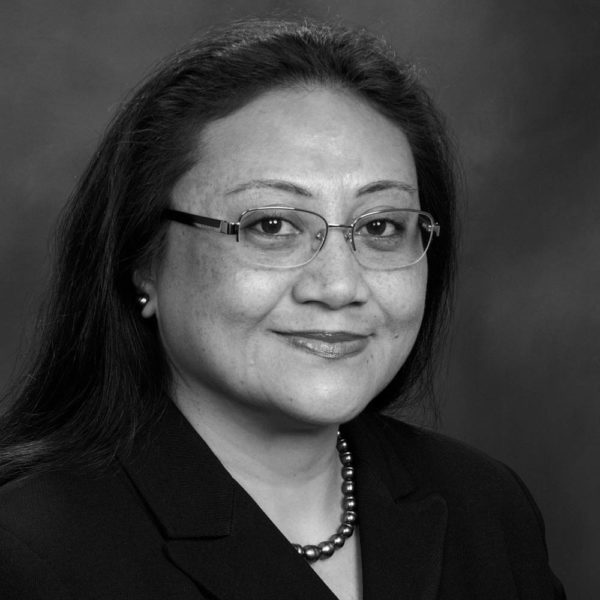 Sela V. PanapasaUniversity of Michigan, USA
Sela V. PanapasaUniversity of Michigan, USA -
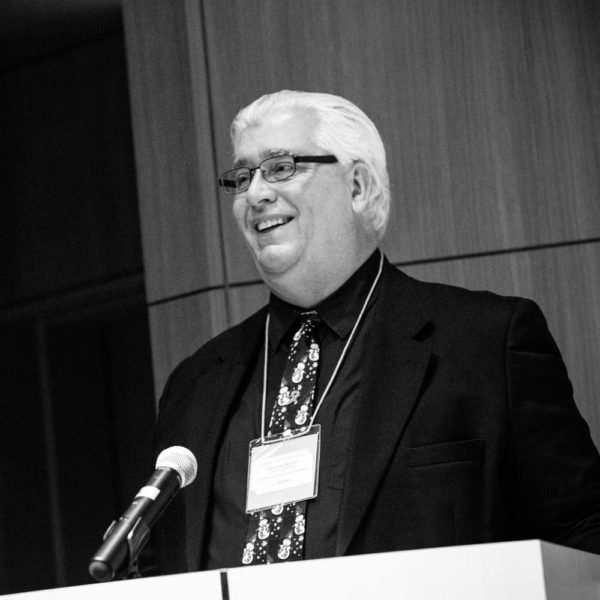 James W. McNallyUniversity of Michigan, USA & NACDA Program on Aging
James W. McNallyUniversity of Michigan, USA & NACDA Program on Aging
Programme
-
 Resilience: One Man’s Journey Across the WorldKeynote Presentation: Lowell Sheppard
Resilience: One Man’s Journey Across the WorldKeynote Presentation: Lowell Sheppard -
 Post-pandemic Online Education: Moving from Crisis Intervention to Optimal ExperiencePanel Presentation: Michael Menchaca, Ariana Eichelberger, Peter Leong, Paul McKimmy & Daniel Hoffman (Moderator)
Post-pandemic Online Education: Moving from Crisis Intervention to Optimal ExperiencePanel Presentation: Michael Menchaca, Ariana Eichelberger, Peter Leong, Paul McKimmy & Daniel Hoffman (Moderator) -
 Cultural ResiliencePanel Presentation: Amber Strong Makaiau, Mary Therese Hattori, James W. McNally & Sela Panapasa
Cultural ResiliencePanel Presentation: Amber Strong Makaiau, Mary Therese Hattori, James W. McNally & Sela Panapasa -
 The Development, Use, and Exploration of Open Educational Resources in Higher EducationPanel Presentation: Beth Tillinghast, Billy Meinke & Veronica Howard
The Development, Use, and Exploration of Open Educational Resources in Higher EducationPanel Presentation: Beth Tillinghast, Billy Meinke & Veronica Howard -
 Recalibrating Educational and Institutional Choreographies to Lead Learning for TomorrowKeynote Presentation: Som Naidu
Recalibrating Educational and Institutional Choreographies to Lead Learning for TomorrowKeynote Presentation: Som Naidu -
 Critical Empathy: The Role of Education Amidst Xenophobic PandemoniumKeynote Presentation: Christine R. Yano
Critical Empathy: The Role of Education Amidst Xenophobic PandemoniumKeynote Presentation: Christine R. Yano
Organising Committee
The Conference Programme Committee is composed of distinguished academics who are experts in their fields. Conference Programme Committee members may also be members of IAFOR's International Academic Board. The Organising Committee is responsible for nominating and vetting Keynote and Featured Speakers; developing the conference programme, including special workshops, panels, targeted sessions, and so forth; event outreach and promotion; recommending and attracting future Conference Programme Committee members; working with IAFOR to select PhD students and early career academics for IAFOR-funded grants and scholarships; and overseeing the reviewing of abstracts submitted to the conference.
-
 Michael MenchacaUniversity of Hawaii at Manoa, USA
Michael MenchacaUniversity of Hawaii at Manoa, USA -
 Alex MeansUniversity of Hawaiʻi at Mānoa, USA
Alex MeansUniversity of Hawaiʻi at Mānoa, USA -
 Joseph HaldaneThe International Academic Forum (IAFOR), Japan
Joseph HaldaneThe International Academic Forum (IAFOR), Japan -
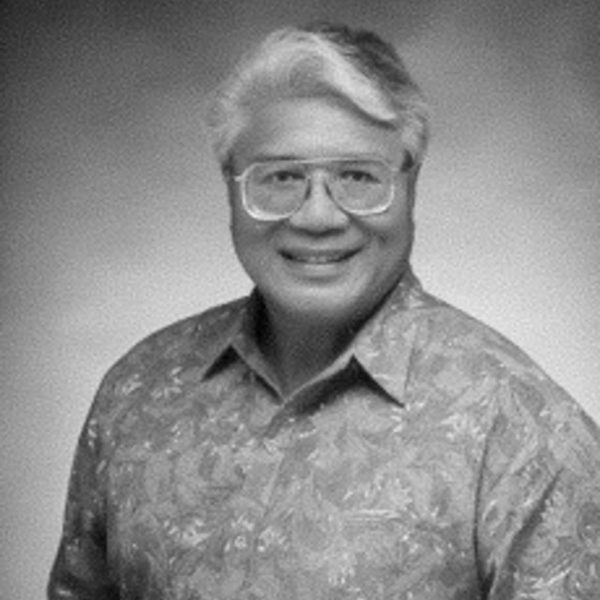 Failautusi ‘Tusi’ AvegalioUniversity of Hawaiʻi at Manoa, USA
Failautusi ‘Tusi’ AvegalioUniversity of Hawaiʻi at Manoa, USA -
 Sela V. PanapasaUniversity of Michigan, USA
Sela V. PanapasaUniversity of Michigan, USA -
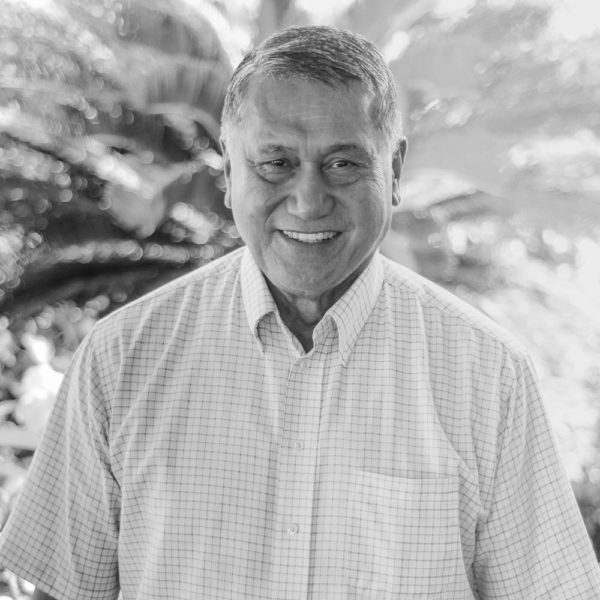 Hiagi M. WesleyBrigham Young University – Hawaii, USA
Hiagi M. WesleyBrigham Young University – Hawaii, USA -
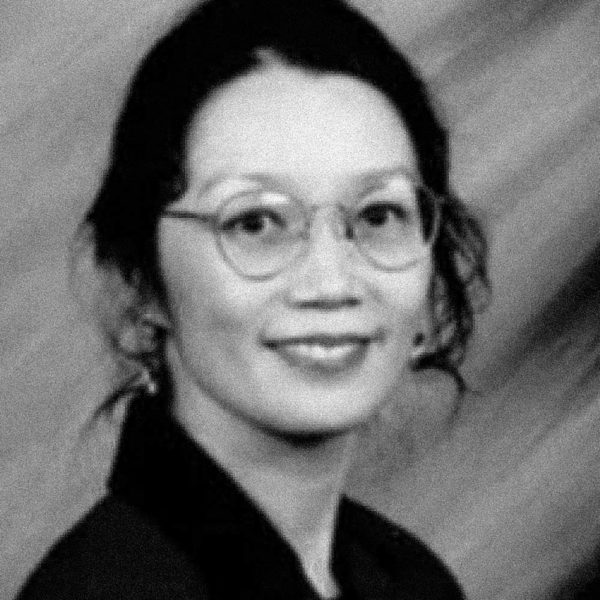 Xu DiUniversity of Hawai’i at Manoa, USA
Xu DiUniversity of Hawai’i at Manoa, USA -
 James W. McNallyUniversity of Michigan, USA & NACDA Program on Aging
James W. McNallyUniversity of Michigan, USA & NACDA Program on Aging -
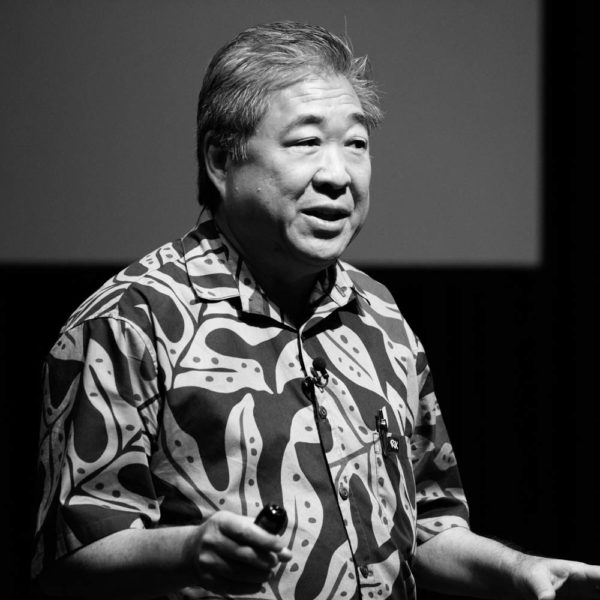 Curtis HoUniversity of Hawai’i at Manoa, USA
Curtis HoUniversity of Hawai’i at Manoa, USA -
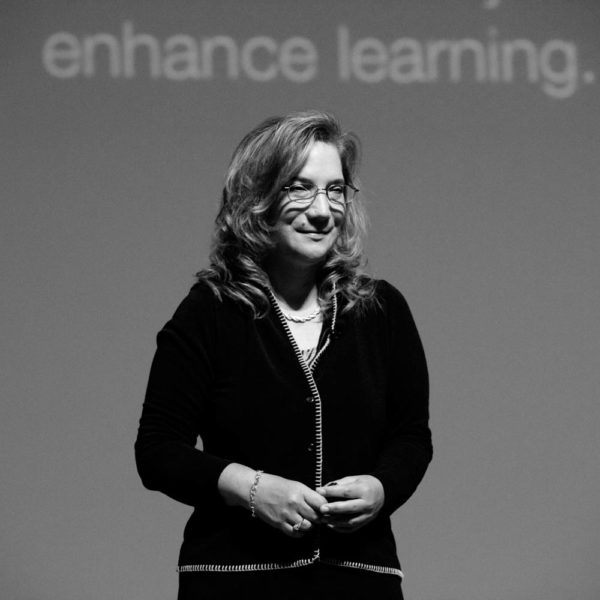 Barbara LockeeVirginia Tech, USA
Barbara LockeeVirginia Tech, USA
2021 Review Committee
The IICSEEHawaii2021 Review Committee will be announced here shortly.
IAFOR's peer review process, which involves both reciprocal review and the use of Review Committees, is overseen by conference Organising Committee members under the guidance of the Academic Governing Board. Review Committee members are established academics who hold PhDs or other terminal degrees in their fields and who have previous peer review experience.
If you would like to apply to serve on the IICSEEHawaii2019 Review Committee, please visit our application page.














